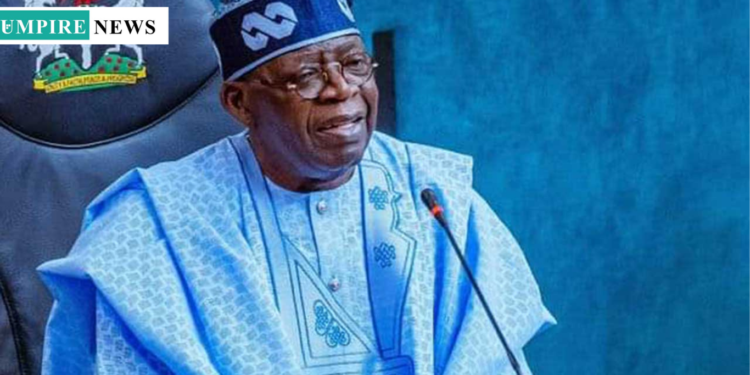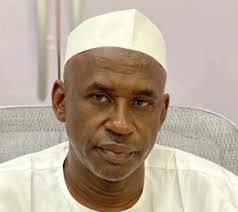President Bola Tinubu presented a N49.7tn budget proposal for 2025 to the National Assembly, emphasizing security, infrastructure, and human capital development as top priorities. Dubbed the “Budget of Restoration,” the ambitious plan allocates N4.91tn to defense and security, N4.06tn to infrastructure projects like the Lagos-Calabar Coastal Highway, and N3.52tn to education, including new higher institutions. The administration also proposed N2.48tn for health to enhance public healthcare systems. Tinubu highlighted the need for reforms to achieve stability while promising improved access to quality healthcare and education.
With projected revenue of N34.82tn, the budget leaves a significant N13.39tn deficit, representing 3.89% of GDP, to be funded through borrowing. Tinubu assured Nigerians that economic indicators, such as inflation, which is expected to drop from 34.6% to 15%, and the naira exchange rate, anticipated to improve to N1,500 per dollar, would stabilize under the proposed framework. The budget also anticipates increased oil production of 2.06 million barrels per day and a robust GDP growth rate. Tinubu described the plan as necessary for rebuilding the socio-economic fabric of the nation.
The ambitious spending plan has garnered mixed reactions. While lawmakers commended its focus on critical sectors like security, education, and infrastructure, concerns about debt servicing—projected at N15.81tn—and revenue generation have been raised. Critics, such as the Peoples Democratic Party, dismissed the budget as unrealistic, citing insufficient provisions for sectors like agriculture and energy. They argued that the budget would exacerbate poverty and hardship if implemented without concrete solutions.
The National Assembly has already begun deliberations to extend the capital components of the 2024 budget into mid-2025, acknowledging delays in the current proposal. Legislators emphasized the importance of transparency in government spending and called for stricter oversight to ensure the proposed allocations translate into tangible benefits for Nigerians. Notably, 24 federal institutions face exclusion from the 2025 budget for failing to account for previous appropriations.




































